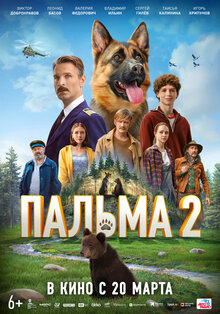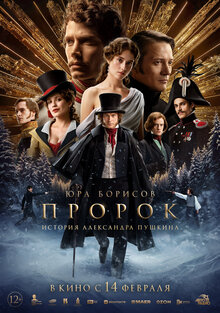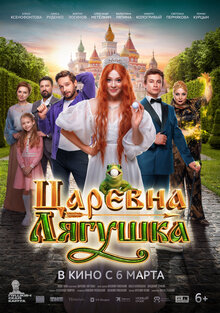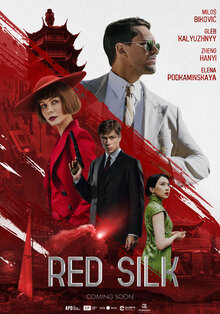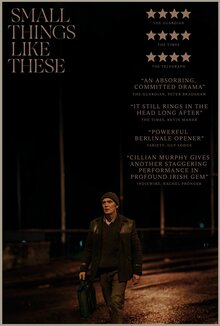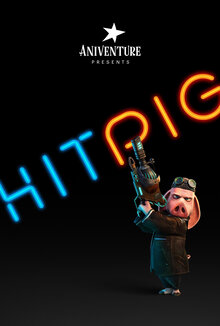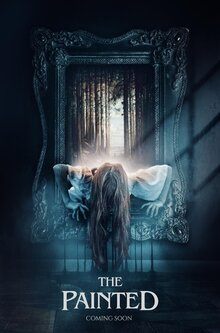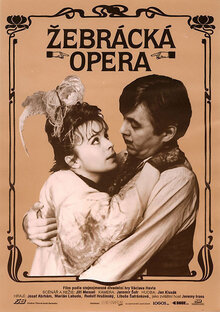
The Beggar's Opera
Zebrácká opera 18+Synopsis
Unlike any other opera, the so-called Beggar's Opera is not just one composition, but a lineage of adapted compositions, beginning with the original hugely successful 1728 political satire written by Englishman John Gay. Composers and writers have penned variations on it ever since. The most famous of these was A Threepenny Opera by Bertholt Brecht and Kurt Weill. Some things these compositions share in common is their setting among the poor and criminal classes, and the roguish character Macheath. This production is based on an adaptation of Gay's original by Vaclav Havel the freedom-fighter, writer and philosopher who became the first (and only) president of the united post-communist country of Czechoslovakia, and it retains many traces of its theatrical origins. Film reviewers were not too tolerant of what they called "slavish adherence" to the noted Czech writer's stage production, but theater, philosophy and history buffs may feel otherwise.
Country
Czechoslovakia
Runtime
1 hour 34 minutes
Production year
1991
World premiere
1 October 1991
Release date
| 1 October 1991 | Czechoslovakia | ||
| 24 May 2007 | South Korea | 15 |
Also known as
Zebrácká opera, The Beggar's Opera, Kerjäläisooppera, Koldusopera, Opera żebracza, Prager Bettleroper, Prosjačka opera, Tiggeroperaen, Žebrácká opera
Director
Cast
Josef Abrhám
Marián Labuda
Nina Divíšková
Libuše Šafránková
Rudolf Hrušínský
Showtimes
Currently, the film is not showing in cinemas, but we can send you a message when this animated film returns to the box office.
Film Reviews
No reviews
Write review



